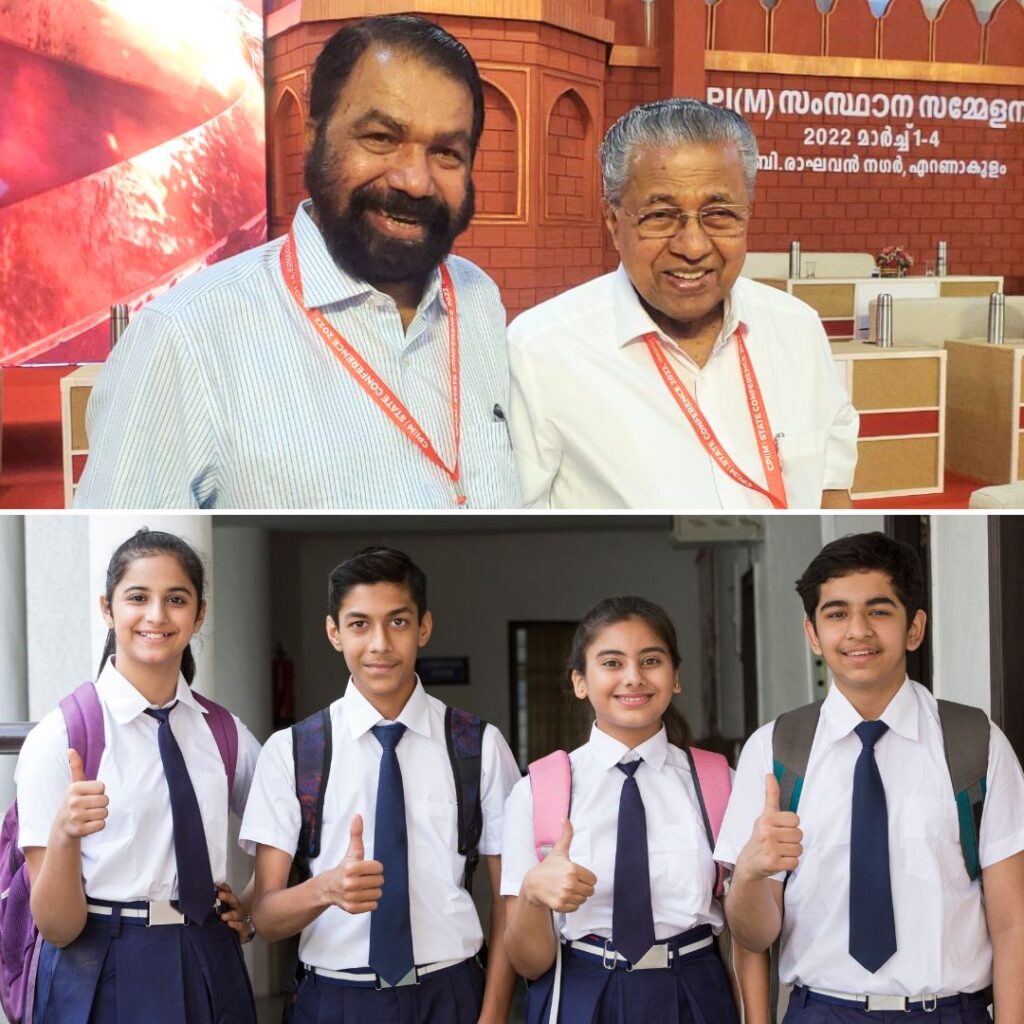The Delhi Development Minister Kapil Mishra has announced an ambitious two-year plan to microchip nearly one million street dogs across the national capital as part of a comprehensive strategy to tackle animal welfare and public health challenges.
The programme, estimated to cost around Rs 900 crore, was finalised at the recent meeting of the Delhi Animal Welfare Board held at the Delhi Secretariat, which also included senior officials from the Animal Husbandry Department, NDMC, MCD, and other agencies. The microchipping effort, to be conducted in partnership with the United Nations Development Programme (UNDP), aims to create a digital identity for each dog to enhance vaccination tracking and population management.
Additionally, the initiative includes a full-scale dog census, formulation of feeding guidelines, enforcement of mandatory pet shop registration, formation of monitoring committees, and awareness campaigns, especially targeting schools, as the city prepares for World Rabies Day on September 28.
Modernising Rabies Control and Dog Population Management
Minister Mishra emphasised that microchipping will be pivotal in strengthening rabies control measures and reducing dog bite incidents in Delhi, a city facing a significant rise in stray dog numbers—now estimated at approximately one million, a sharp increase from the 2016 census which counted under 200,000 in certain zones alone.
The plan also involves digitising vaccination records and setting up district-level animal welfare committees to ensure on-ground monitoring and action. A new Delhi State Action Plan on rabies control will be rolled out and will focus on prevention alongside ongoing sterilisation and vaccination efforts, aligning with the Supreme Court’s recent directives to manage non-aggressive street dogs humanely by vaccinating, sterilising, and releasing them back into their localities.
The Supreme Court has further prohibited unregulated feeding and ordered the creation of designated feeding spaces to balance compassionate care with public hygiene.
Regulating Pet Shops and Market Oversight
Another critical decision from the Animal Welfare Board meeting was to make registration of all pet shops in Delhi mandatory, with strict monitoring enforced by a newly formed Animal Market Monitoring Committee. These measures aim to curb illegal animal trade and improve accountability regarding pet welfare standards. Regional committees will ensure local-level compliance and action, addressing long-standing issues associated with unregulated pet shops.
This regulatory push complements the broader animal welfare agenda, laying groundwork for transparent governance and effective implementation. The Delhi government has also committed adequate funding to support these initiatives and plans to recruit additional staff for the Animal Welfare Board to ensure smooth and efficient operation.
The Logical Indian’s Perspective
Delhi’s new animal welfare plan, blending technology, regulation, and public education, sets a commendable example for humane management of street animals alongside public safety considerations. Microchipping and a dog census provide tools for data-driven policymaking that respects animal dignity while aiming to prevent rabies and reduce urban conflicts.
However, success depends on transparent, inclusive governance and ongoing dialogue with communities and animal rights stakeholders. Awareness programmes in schools and use of social media for education highlight the social component of this effort, fostering empathy alongside enforcement.
The Hon’ble Minister has taken several constructive and forward-looking decisions at today’s Delhi Animal Welfare Board meeting. We are optimistic that the department’s officers will implement his directions with urgency and effectiveness, paving the way for meaningful… https://t.co/ttyGkITU4w pic.twitter.com/wzYepnwjhu
— Dr. Asher R. Jesudoss (@JesudossAsher) September 10, 2025













